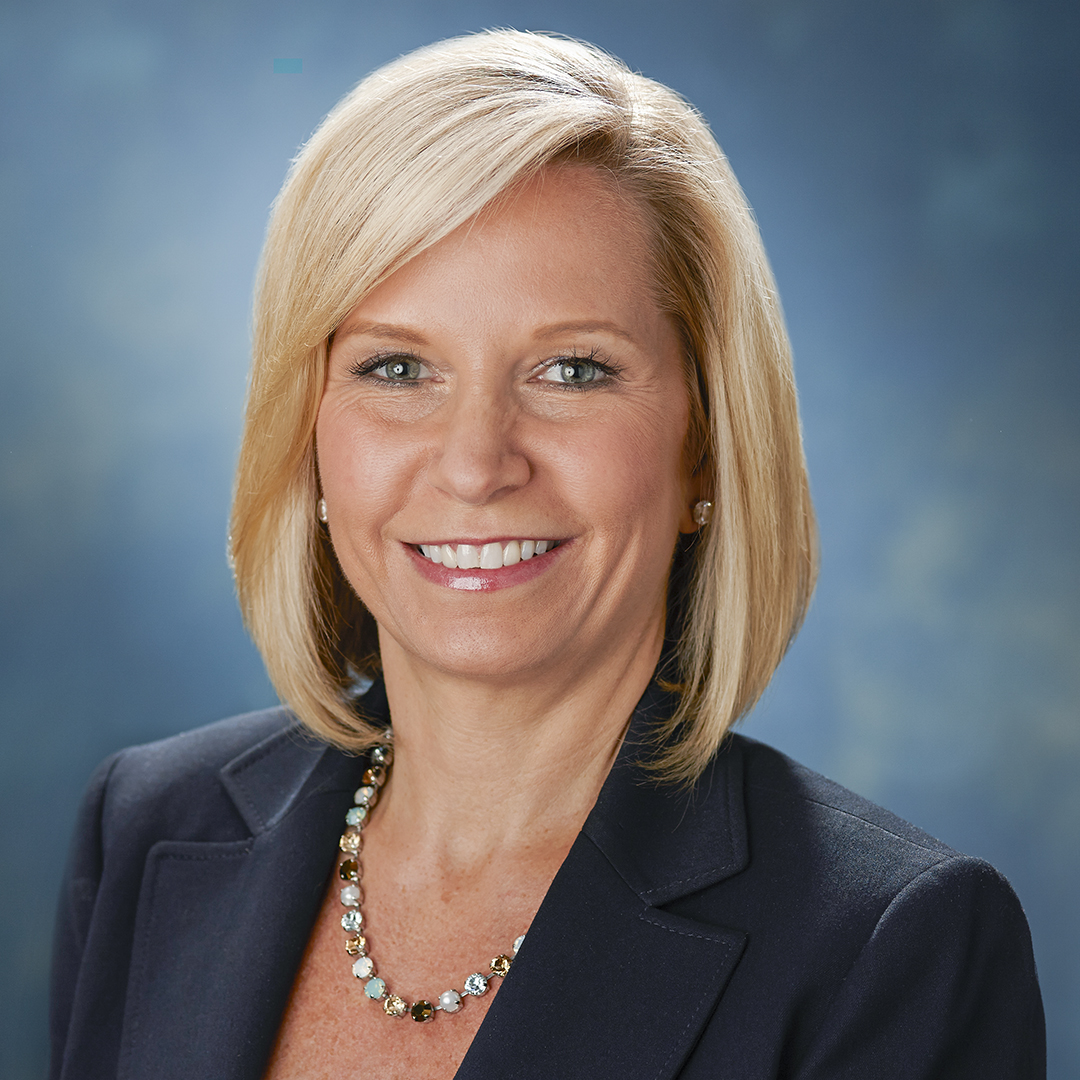Speaking to Arti Dhuper of Prime Healthcare, one begins to realize that running a human resources team of more than two hundred staff members is like being in charge of the central nervous system. Her role as vice president of human resources is like integrating the mind and body; but in this case, it’s employees and management. With a strong belief that it’s the people who make companies, she moves into her thirteenth year at Prime Healthcare. Overseeing benefits, sitting on the 401k committee, negotiating with unions, staying updated with current labor laws, and ensuring compliances across the board are some of the key aspects of her job.
When she isn’t taking calls, meeting senior leadership, consulting with legal counsel, or coaching leaders, Dhuper makes sure she is on the ground with her team at the beginning of a new acquisition process. Before Prime, she worked with the Community Mental Health Authority of Clinton, Eaton and Ingham in Lansing, Michigan, as an employment specialist. In 2007, she moved from Michigan to California to join Prime Healthcare as a regional director. During her time with Prime, she also pursued her MBA in Management and Leadership from the University of La Verne. Four years and a few months in to working at the company, she was promoted to her current role as vice president of human resources.

Since joining Prime, she has overseen forty-two of the forty-five acquisitions that it has made. One of the earliest acquisitions she was part of, one of the big ones, she calls it, was in 2006, when Prime acquired Centinela Hospital Medical Center located in Inglewood, California, an underserved community near Los Angeles. “When I walked in, there was no HR, 1,800 employees, and they had three unions.” Additionally, the hospital was about to lose its Medicare accreditation. She was part of the Joint Commission survey that would restore the hospital’s accreditation, allowing for reimbursement from Medicare.
Dhuper’s team today is much larger than it was in 2006, and she has more people to attend to, but she says she still grows with every experience. For example, she went from overseeing ten thousand employees to forty-five thousand employees over the past thirteen years that she has spent at Prime. And when she joined, the human resources department wasn’t looped in on acquisitions until much later in the process. However, she changed that with her belief that HR plays a very critical role in those processes. “It’s the people who are the fundamental pillar of these transactions,” she emphasizes.
“Saving Hospitals, Saving Jobs, Saving Lives,” is Prime’s mission statement, which Dhuper says can’t be fulfilled without effective coordination between every stakeholder. From upper level management to staffers and union members, her role involves ensuring transparency and accountability throughout the acquisition processes. The challenge with this is sitting in a management meeting and looking at the problem from the top-down, and then having to deliver that to the rest of the organization, or conveying the impact from a bottom-up point of view.
“I am able to take information from 30,000 feet and break it down for the different audiences involved,” she says. To successfully do that, she strongly recommends open communication with employees and keeping them updated on new changes.
One of the biggest learning outcomes of her extensive experience with acquisitions has been to stay focused on the goal. “Every time I take on an acquisition, there is a lot of strategic expansion because we are entering a new market,” she says. “It’s very important to have those core principles intact when we get into these facilities.”
In some situations, the hospital management team can be robust with a clearly defined company culture, while in other smaller institutions, not everything is clear. Most hospitals have deeply rooted connections to a community and it’s important to factor that into the process, as well, she says.
Dhuper’s empathetic approach to leading acquisitions has led to recognition from her peers. Last year, she was one of three finalists recognized for her outstanding leadership by the National Human Resources Association, Los Angeles. In a video for the nomination, members of her team described her as a good communicator who is transparent, honest, and promotes work/life balance.
Moving forward, Dhuper’s undertakings include planning for more acquisitions scheduled for this year. “It’s hard, requires more energy, and takes longer to get feedback,” she says. But, “when you’re trying to complete an acquisition efficiently, working backward is worth the effort.”

